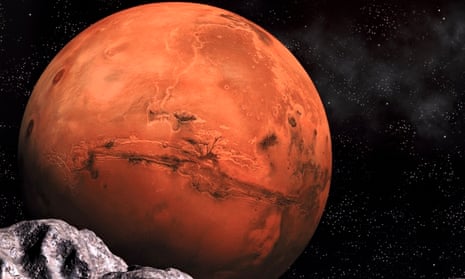Even if your daily shower just lasts for five minutes, a poorly designed power shower can use as much as 70 litres of water (pdf). Personal washing, in fact, constitutes the largest part of Europeans’ water consumption (pdf). Of the 160 litres of water the average European uses every day – the most extravagant water users are the Italians – personal hygiene accounts for 35%, compared to 25% for toilet-flushing and only 5% for drinking and cooking.
As the world keeps urbanising, and as middle class habits grow, our cleansing rituals will present a big sustainability challenge. Orbital Systems thinks it has cracked the nut. The name suggests galaxies, not shower nozzles, and the startup from the Swedish university city of Lund did in fact start out focusing on space technology. But the company has developed a shower that reduces average water consumption by 90% while increasing hygiene and comfort. “We’re a technology company, not a consumer products company,” says Mehrdad Mahdjoubi, Orbital Systems chief executive and co-founder. “That allowed us to come up with this solution.”
During a stint at Nasa’s space centre in Houston, Mahdjoubi worked on the space agency’s Mars mission project. Travelling to the red planet takes between 150-300 days, and since Mars doesn’t have water, a small amount of water has to be reused over and over. “We’ve transferred the technology from space to Earth,” Mahdjoubi says.
“To our knowledge, Orbital Systems is leading in the market for water-saving showers,” says Esben Alslund-Lanthén, a research analyst at the sustainability thinktank Sustainia. “That’s not to say there aren’t other innovations out there, but the genius of this solution is that it reuses the water instead of just reducing water use like other similar products.”
This is how the shower, which also reduces energy consumption by 80%, works: using a small amount of water, it releases it in large amounts through a wide nozzle, then quickly collects and cleans it in real-time and releases it again. The closed-system technology effectively gives the showerer the impression of a steady stream of new water while it is, in fact, the same water being used over and over. According to Orbital Systems, its technology even cleans the water better than regular water purification.
As part of an experimental rollout, Orbital has installed some 50 showers in locations such as the Ribersborg open-air swimming facility in the Swedish city of Malmö, and by the end of the year customers will be able to pre-order their own. Though Orbital has not yet revealed the price, a Mars-inspired shower won’t come cheap. Still, argues the company, it makes financial sense over time, with its calculations showing that the average British four-person household would save over £1,200 per year.
“Orbital Systems is an astonishing innovation with great potential for scale and impact,” says Alslund-Lanthén. “The one challenge that it will probably face is that this is not an add-on to your existing shower, but a whole new shower unit that has to be installed. That might slow down the deployment at first”.
More stories like this:
- Waterless toilets turn human waste into energy and fertiliser
- Hawaiian mission to Mars will explore the furthest frontiers of sustainability
- Brought to you by Grundfos: Italian utility reduces water loss by 30% through pressure management
The water hub is funded by Grundfos. All content is editorially independent except for pieces labelled ‘brought to you by’. Find out more here.
Join the community of sustainability professionals and experts. Become a GSB member to get more stories like this direct to your inbox

Comments (…)
Sign in or create your Guardian account to join the discussion